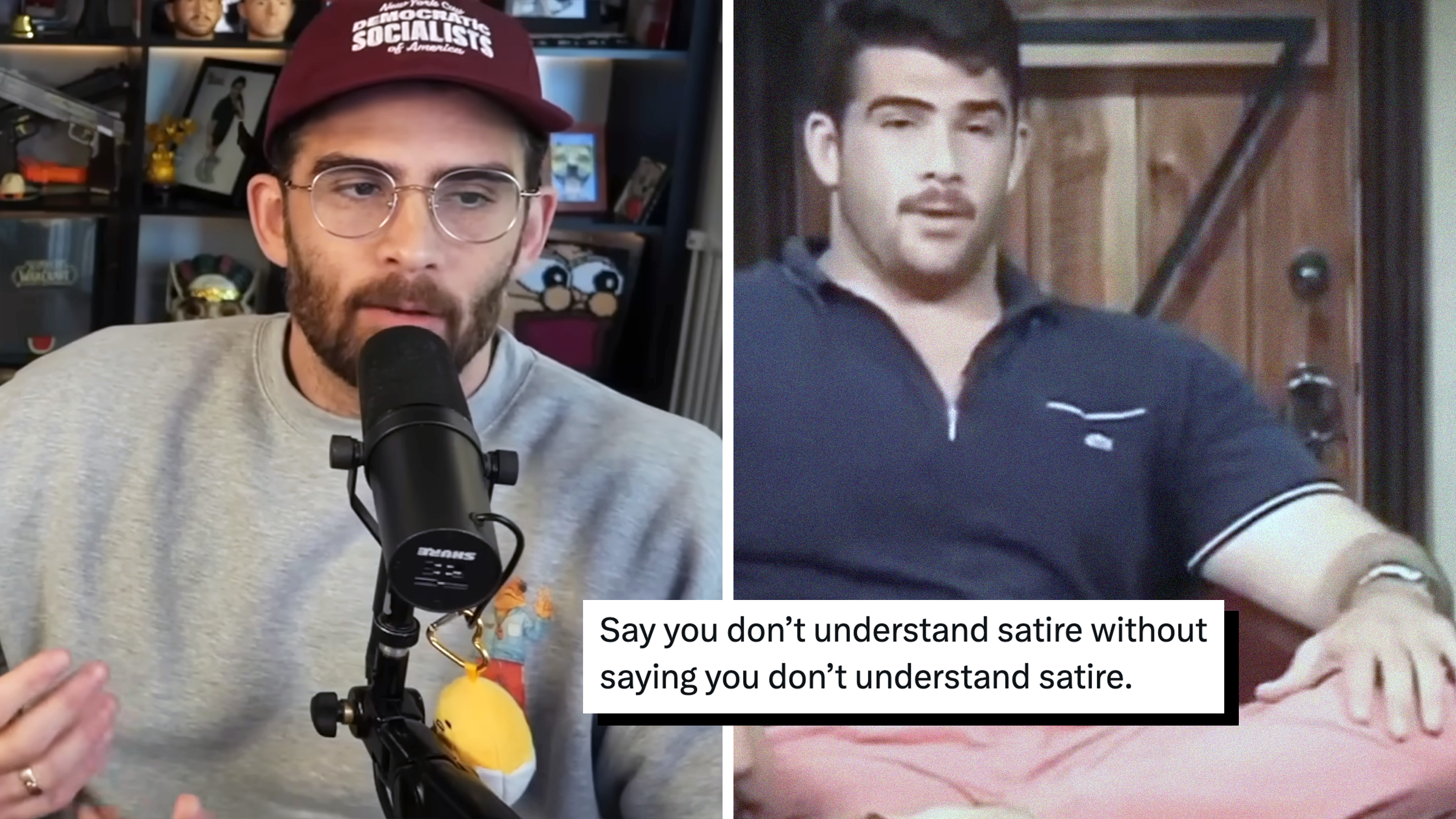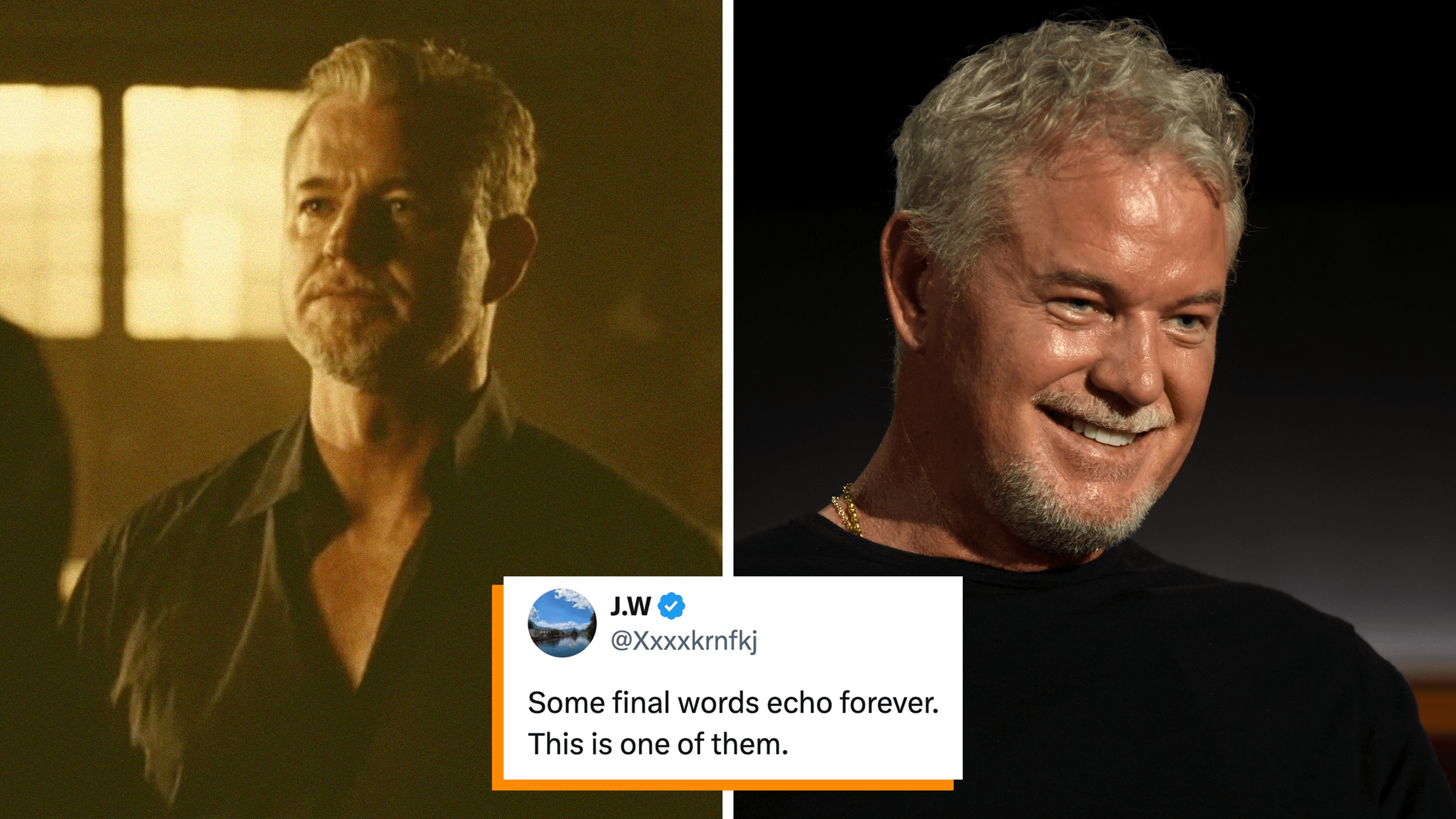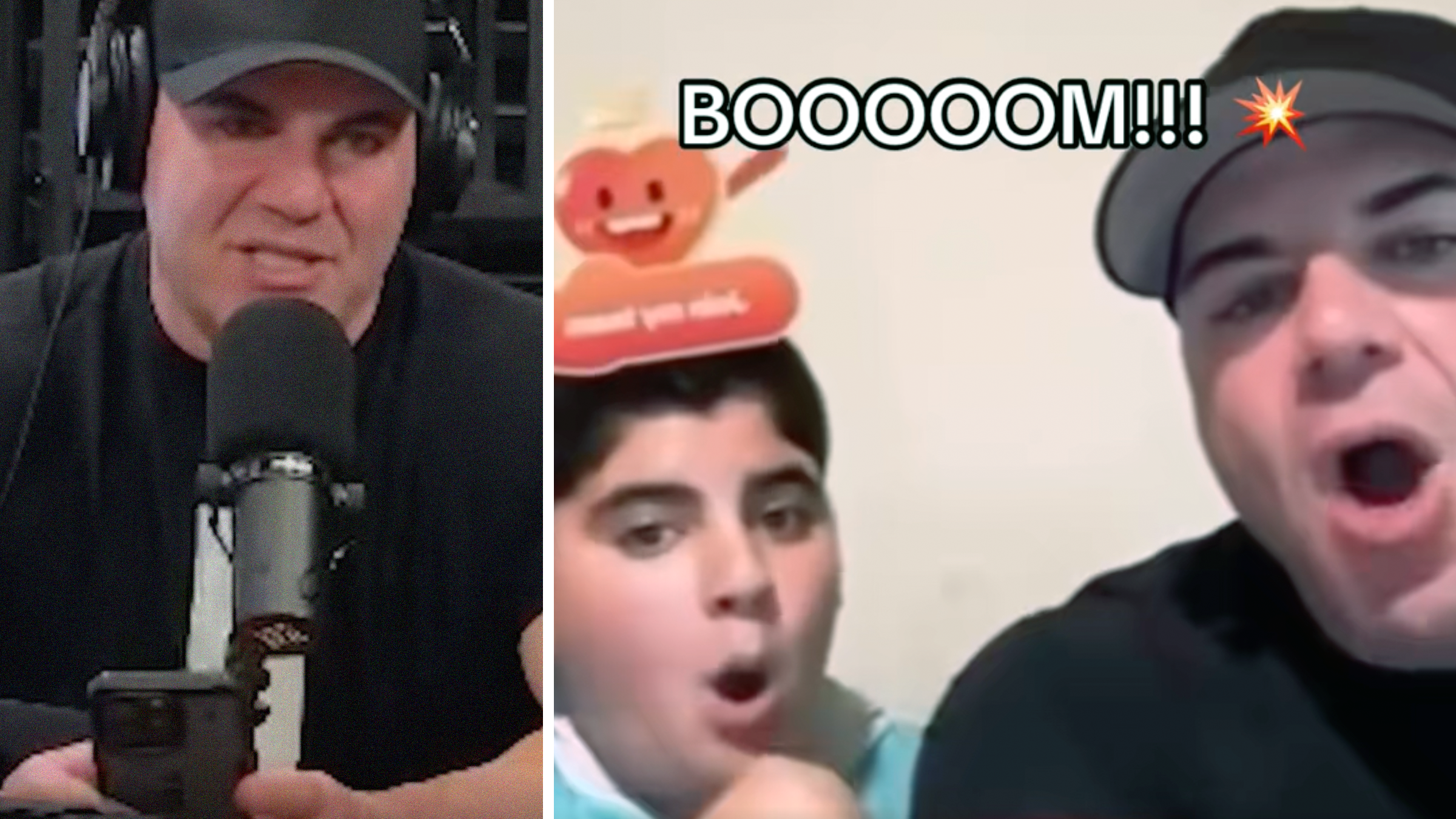Becoming a prominent creator on YouTube is a double-edged sword—made sharper for female creators who are judged not only on their creativity and video production, but also their voice, appearance, makeup, clothing, and body type.
You’re wearing too much makeup.
You’d look so much better with makeup.
You’re so ugly.
You’d be so much prettier if you tried to look nice.
You’re fat.
You don’t know anything about education.
You talk about sex so much you’re obviously a whore.
In July 2012, sex educator Laci Green’s home address was released to the public, accompanied by a slew of death threats from viewers taking issue with her content.
Before Anita Sarkeesian ever considers speaking at an event, the gaming culture critic waits to see if the venue’s security is strong enough to deal with the bomb, death, and rape threats she receives on a daily basis. For her own safety, Sarkeesian asks fans not to location-tag the photos they take together so she won’t be stalked, and now routinely asks to sit in the back of restaurants away from onlookers. In 2012, a gamer was so outraged by Sarkeesian’s comments about sexism in gaming that he mass produced an app called “Beat Up Anita Sarkeesian” where viewers were encouraged to turn the YouTuber’s face black and blue.
When first starting on YouTube, plus-size body advocate Meghan Tonjes was frequently told by fans that they’d never be able to make a YouTube channel after seeing the disgusting comments left under her videos.
While watching YouTube one day, now motivational speaker Lizzie Velasquez came across a video titled “World’s Ugliest Woman” and soon realized the video was a montage of her own photos.
Science educators Emily Graslie and Vanessa Hill are constantly questioned about the reliability of their content, not because it’s badly researched (the research articles are always included in the description box below), but because they’re women working in the STEM field.
Hannah Witton uploads a new sex education video and immediately finds a commenter calling her a whore, while all the way across the pond, fitness guru Cassey Ho (Blogilates) is being labelled fat below her most recent abs workout video.
Though these female creators have different appearances, professions, genres, and passions, what they have in common is their unwillingness to let cyberbullying silence them on YouTube.
According to Internet safety advocacy group Enough Is Enough, over 43 percent of kids have experienced some form of cyberbullying in the past year, with female social media users being twice as likely to both experience bullying and be perpetrators of it. As creators like Zoella and SprinkleofGlitter continue growing fandoms the size of small countries, it has become blatantly obvious that while YouTube has given these creators the space to thrive, there are only limited resources available to protect them from abusive comments, such as encouraging use of the block and report buttons, and allowing creators to disable their comment sections. So while agents and publicists can provide a buffer between bullying and the Hollywood elite, most giant YouTubers, just regular kids who started making YouTube videos in their bedrooms, have very little idea how to deal with their new fame.
Cyberbullying is an epidemic that affects everyone, and while there isn’t a remedy to completely cure the situation, the most important thing we can do as a community is share resources and talk openly about this issue. For all the creators mentioned above, cyberbullying is engrained in their daily lives, but instead of shrinking under its weight, each and every one of these woman has called out the senseless and hurtful behaviors of their haters. We asked sex educators Hannah Witton and Laci Green, who collectively have 13 years of experience on the video platform, to share their best advice for combatting cyberbullying.
1) Understand the difference between negative comments and constructive criticism.
“Don’t listen to people who want to bring you down,” Laci Green shared in an interview with the Daily Dot. “Don’t read their comments, their emails; don’t listen to their words. Shut off the computer; walk away. You deserve to be treated with humanity and respect.” Since starting her channel in late 2008, Green has not been afraid to ruffle a few feathers with her empowering and sex-positive videos discussing everything from sex with disabilities to consent to slut-shaming. U.K. sex educator Hannah Witton said it’s just as important to filter out the hate from the comments and for her to engage with the right people. On the video that inspired her TED Talk, “Do I Look Like a Slut?,” comments ranged from thoughtful discussions to hateful remarks, but regardless of their stances, almost 900,000 people watched Witton’s video—and heard its message.
2) Find support in your community.
“I’ve surrounded myself with a network of friends who all support each other when it comes to things like online bullies,” explained Witton, who frequently wrangles fellow YouTubers Lex Croucher, BeckieO, Dodie Clark, MeowItsLucy, Jack Howard, and Musical Bethal into talking about the spectrum of sex and sexuality. Witton is determined to normalize the way we talk about sex in order to better empower her audience to have healthy relationships. In truth, not everyone online will have a personal community like Witton, but all creators can rely upon the advice and support of the growing number of advocates standing up against cyberbullying on YouTube. Creators such as Casey Neistat, John and Hank Green, Kandee Johnson, Sara X Mills, Grace Helbig, Miles Jai, and Brendan Jordan are just a few who have opened up conversations with their audiences about how to deal with online trolls.
3) Put up a wall and stay on the other side.
“Avoid online spaces that are toxic and make you feel bad about yourself,” Green said. “Think of the hostile digital space as a physical room. Shut the door and find the room full of people who support you (or are neutral, that works too).” After years working in the online space, both Witton and Green agree that growing tough skin and focusing on the good their work is doing is the ultimate triumph over the haters. “I see the same awful words in the comments of my videos all the time, but because I see them so often, it’s like they’ve lost all meaning so they can’t hurt me,” Witton said. “There’s some kind of filter/barrier in place that means I see it, but I never think it’s about me or internalize it. It says a lot more about the person writing that nasty comment.”
4) It’s not you; it’s them.
The crucial thing to remember about cyberbullying is that these ruthless, often anonymous, comments say nothing about the person they’re addressed to, and everything about the person saying them. Green recounted:
“A few years back, online bullies sent me pictures of my house, myself in public, and used a number of tactics to intimidate me. Around that time, I was really questioning whether my work online was worth it. I looked through my inbox and social media of all the people who told me my work had made a difference in their life and knew that I couldn’t walk away from this. I knew I had a choice, but it felt like walking away would be admitting defeat and punishing the wrong people. Since then, I’ve done what I need to secure my safety and well-being and have dug my heels in the sand.”
In the last year, Green has spearheaded a platform-wide campaign asking Sam Pepper to stop sexually harassing women and labeling it a “prank,” toured around the U.S. to talk about sex positivity, debuted her new show Braless on MTV, and for the first time, used her channel to speak openly with her audience about her long-time battles with depression.
5) Like putting on an oxygen mask in a plane, put your safety first.
Despite our increased societal focus on it, there is still a stigma around bullying. For people on the receiving end, it can often feel embarrassing or shameful to tell others the derogatory statements people are saying about you. What if they’re true? What if I’m making this into a big deal when it really isn’t? What can one person actually do against thousands of negative people trying to bring down their video? “Ignore them and make use of those ‘block’ and ‘report’ buttons on websites,” Witton advised. “Tell people in real life what’s happening and surround yourself with people who you like and who like you.”
Green added: “It’s OK to feel scared or hurt. You’re not crazy or overreacting. Do what you need to do to feel safe and loved. If someone levies threats that are against the law, report it to the police and report them for abuse on the social site you’re using.” It’s also recommended, in these moments of stress and burnout, to take a step back and get off the grid. Green has taken two major breaks in her online career, and following each hiatus—one in 2012 and one recently which she attributed to her depression—she came back stronger and more passionate to make change in sex education and online conversations.
Photo via Fixer Sophie Thorne/Flickr (CC BY ND 2.0)






